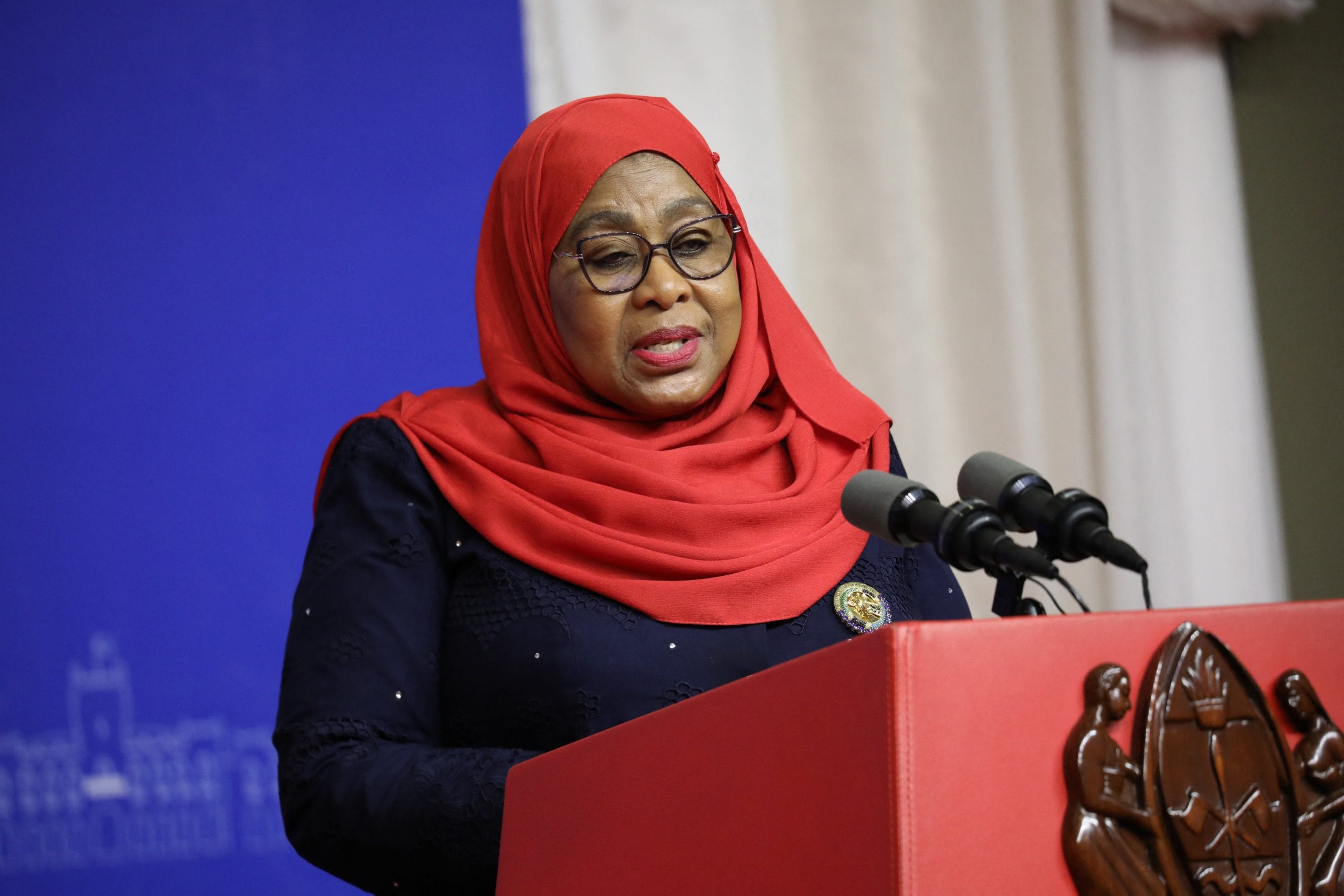
In a sweeping economic policy shift, Tanzania has announced a dual-pronged strategy targeting foreign nationals: a ban on foreigners operating in 15 specific small and medium-sized business sectors, and a new mandatory travel insurance requirement for most tourists entering the country.
SME Ban: Protecting Local Enterprise
The most significant move comes via a notice from Tanzania’s Minister for Industry and Trade, Selemani Saidi Jafo. Effective immediately, foreigners are prohibited from conducting 15 types of SMEs across mining, tourism, agriculture, environment, and technology. This decision is expected to significantly impact, and potentially force out, many Kenyan businesspeople currently operating or planning ventures in Tanzania.
The banned businesses include:
- Mobile money transfer services
- Repair of mobile phones and electronic devices
- Salon businesses (unless located within a hotel or exclusively for tourism purposes)
- Home, office, and environmental cleanliness services
- Small-scale mining
- Postal and parcel delivery services
- Tour guiding
- Establishing and operating radio and TV stations
- Operating museums and curio shops
- Broking in businesses and real estate
- Clearing and forwarding services
- Farming
- Crop purchasing operations
- Ownership or operation of gambling machines/devices (except within licensed casinos)
- Ownership and operation of micro and small industries.
Penalties are severe: Foreigners caught operating these businesses face fines of up to Tsh10 million (approx. Ksh 502,927) and prison sentences of up to six months. Critically, Tanzanian citizens found assisting foreigners in these banned sectors will also face conviction, a three-month prison sentence, and a fine of Tsh5 million (Ksh 251,463).
The notice clarified that foreigners holding valid, existing licenses for these activities may continue operating only until their current licenses expire.
Mandatory Tourist Insurance: Relieving Healthcare Burden
Separately, the Tanzania Ministry of Finance announced a new requirement for most tourists. Starting in January 2026, foreigners travelling to Tanzania from outside the East African Community (EAC) and Southern African Development Community (SADC) will be required to purchase mandatory travel insurance upon entry, costing approximately Ksh 5,700.
The insurance policy, valid for 92 days, will cover:
- Medical treatment
- Medical evacuation and repatriation in case of injury
- Rescue operations
- Compensation for lost baggage
According to the Ministry, this measure is designed to alleviate the financial burden on Tanzania’s public healthcare system caused by treating uninsured tourists. The policy was initially part of the 2025/2026 fiscal agenda but was postponed to January 2026 to allow for further stakeholder consultations. Citizens from EAC and SADC member countries are exempt from this requirement.
Impact and Reaction
The SME ban represents a significant protectionist move aimed at reserving key service and small-scale industrial sectors for Tanzanian citizens. Its immediate effect on Kenyan entrepreneurs, who are prominent in cross-border trade and services within East Africa, is expected to be substantial, causing disruption to existing businesses and dashing expansion plans.
The mandatory insurance, while less disruptive to business operations, adds a new cost layer for tourists from Europe, Asia, the Americas, and other regions outside Southern and East Africa. Both policies signal Tanzania’s intent to exert greater control over foreign economic activity within its borders and manage costs associated with international visitors. The Kenyan business community, particularly those operating near the border, is likely to voice strong concerns in the coming days.




